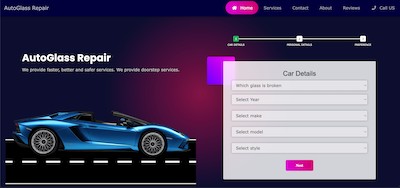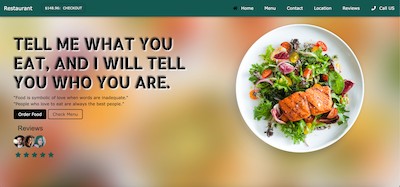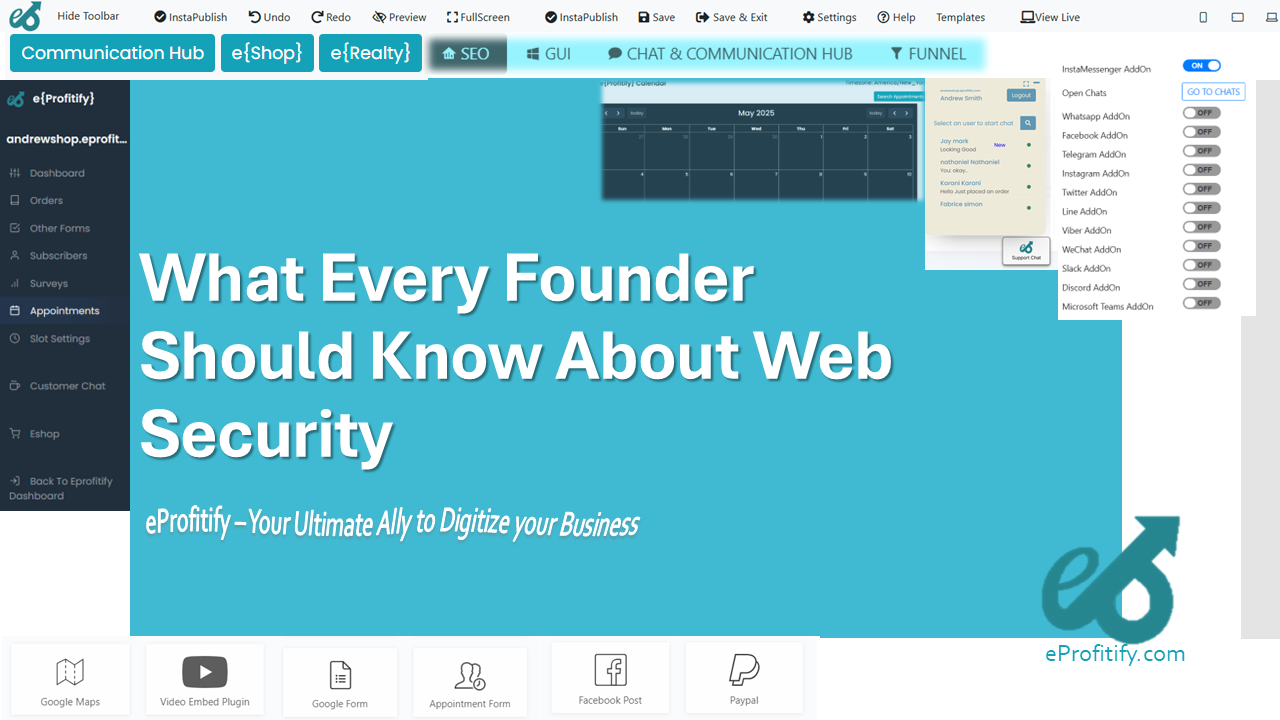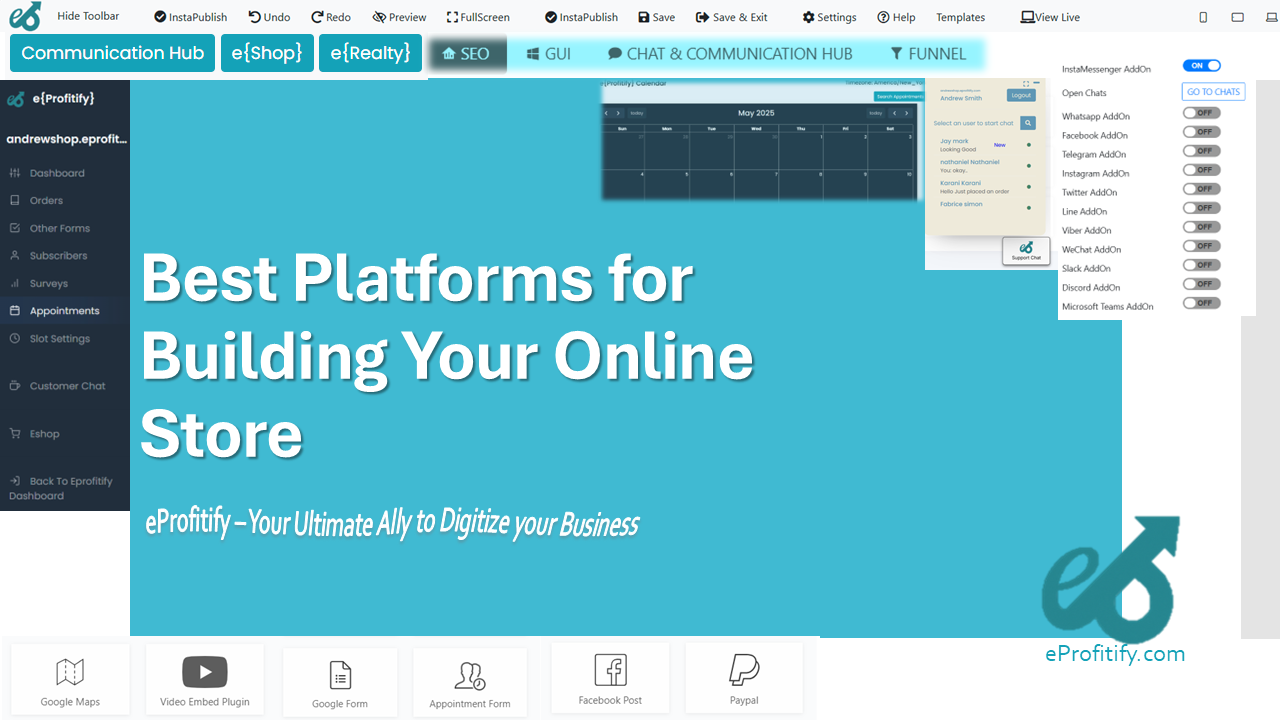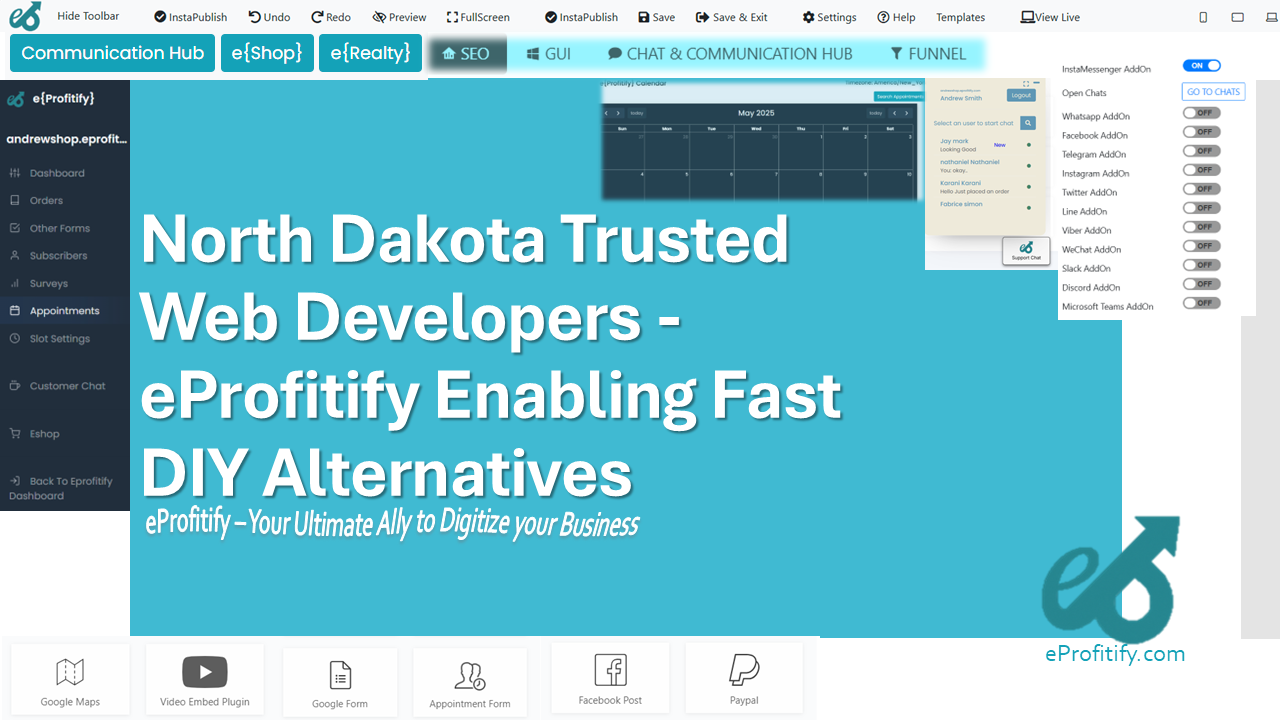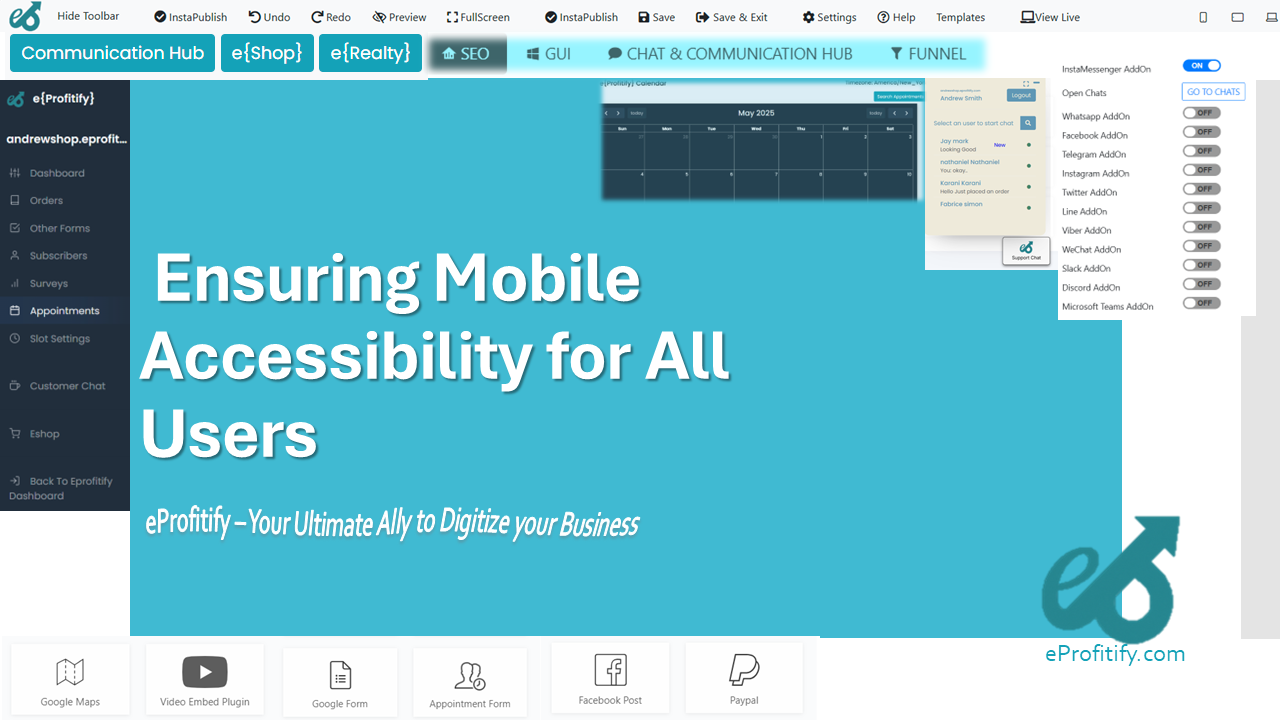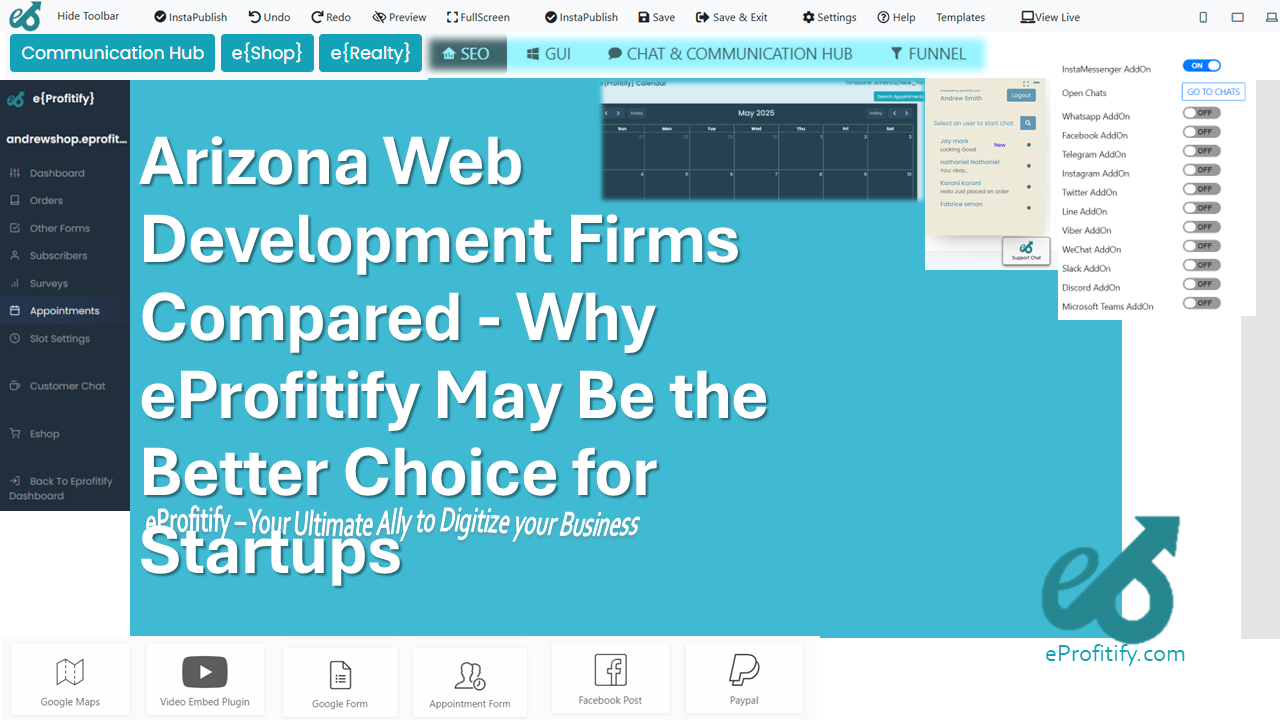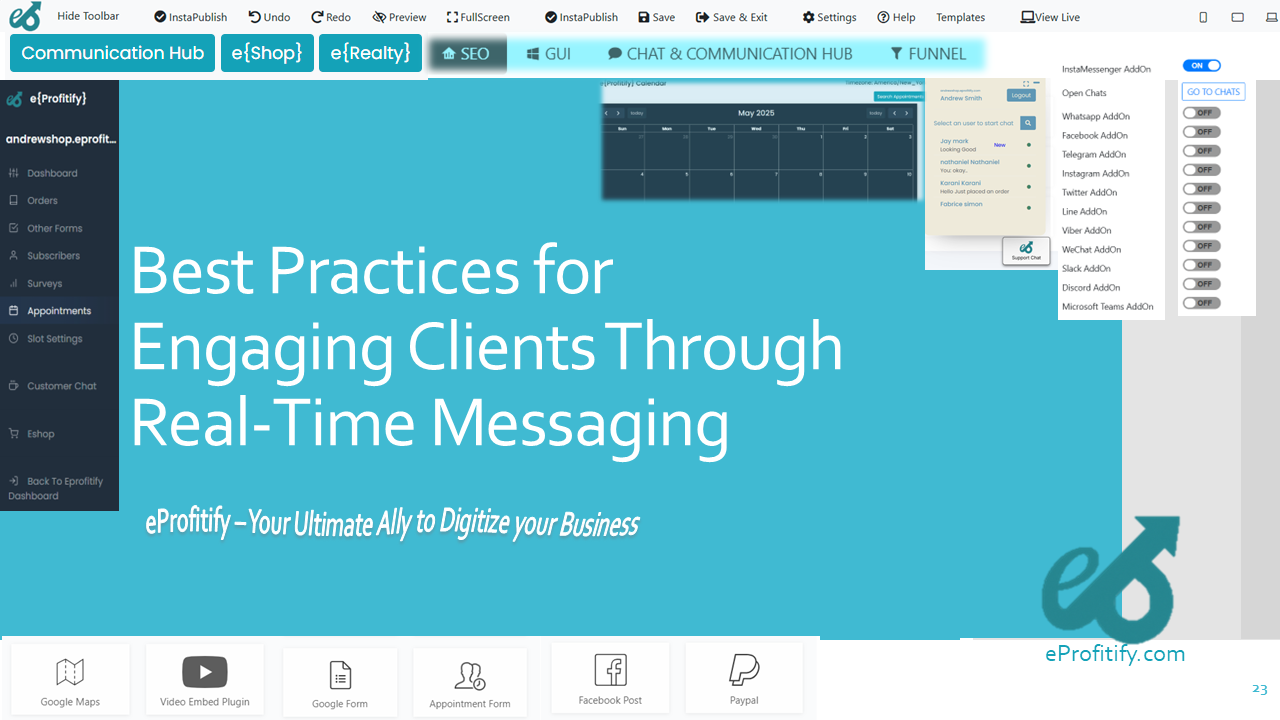How to Plan for a Successful Food Truck Catering Event
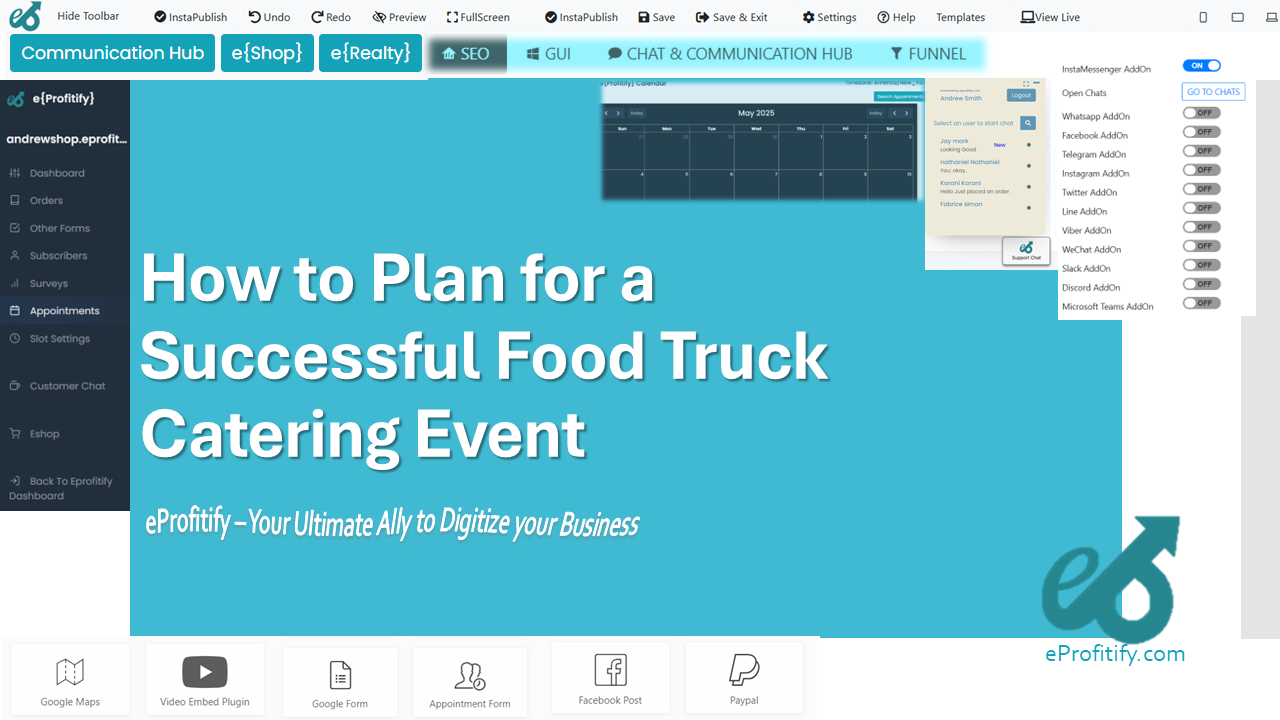
Schedule a LIVE Zoom call with an eProfitify Expert.
How to Plan for a Successful Food Truck Catering Event
The food truck industry has exploded in popularity over the past decade, becoming a $1.2 billion market in the U.S. alone as of 2023 (IBISWorld). With 60% of food truck operators reporting that catering is a significant part of their revenue (Mobile Cuisine), mastering the art of catering events is essential for long-term success. However, planning a seamless food truck catering event requires strategic preparation, from menu design to customer engagement. Here’s a step-by-step guide to help you nail your next event—and how tools like eprofitify, a leading website publishing and management platform, can simplify the process.
1. Define Your Catering Goals
Begin by outlining clear objectives. Are you aiming to expand your brand’s visibility? Generate revenue? Test a new menu? Understanding your goals will shape decisions about event size, pricing, and marketing. For instance, if brand awareness is a priority, offering free samples or partnering with local influencers could be effective.
Statistic: Food trucks that actively cater events earn 25–30% more revenue than those relying solely on street sales (Food Truck Empire).
2. Choose the Right Event and Audience
Not all events are created equal. Target gatherings that align with your brand, such as weddings, corporate functions, festivals, or farmers’ markets. Research the audience demographics: a corporate crowd might prefer quick, gourmet options, while a family-oriented event calls for kid-friendly meals.
Pro Tip: Use eprofitify’s CRM tools to track past customer preferences and tailor your offerings. Its analytics dashboard helps segment audiences based on purchase history and feedback.
3. Design a Crowd-Pleasing Menu
Your menu should balance creativity, scalability, and practicality. Highlight 3–5 signature dishes while accommodating dietary restrictions (e.g., vegan or gluten-free options). Avoid overly complex items that could slow down service during peak times.
Statistic: 72% of consumers prefer food trucks offering “fast-casual” meals that are both convenient and high-quality (National Restaurant Association).
4. Secure Permits and Logistics
Check local regulations for permits, health codes, and parking restrictions. Many cities require separate licenses for catering events. Partner with event organizers early to confirm power access, waste disposal, and setup times.
Eprofitify Integration: Use the platform’s appointment management system to schedule inspections, submit permit applications, and coordinate with vendors—all in one place.
5. Optimize Your Online Presence
A professional website and active social media profiles are non-negotiable. Promote the event with eye-catching posts, behind-the-scenes videos, and live updates. Include an easy-to-use booking form for catering inquiries.
Eprofitify Advantage: Build a stunning website in minutes with eprofitify’s drag-and-drop editor. Integrate ecommerce features to sell merchandise or accept prepaid orders, reducing on-site payment hassles.
6. Streamline Operations with Staff Training
Hire sufficient staff for cooking, serving, and cash handling. Conduct mock trials to perfect timing—aim to serve each customer within 5 minutes. Use a POS system to track sales and inventory in real time.
Statistic: Efficient teams can boost customer satisfaction by 40%, directly influencing repeat business (Toast POS).
7. Market the Event Strategically
Leverage email campaigns, social media ads, and partnerships. Offer early-bird discounts or bundle deals to incentivize bookings.
Eprofitify Tools: Automate promotions using the platform’s email marketing templates and sync them with CRM data for hyper-targeted outreach. The instant messaging feature lets you answer customer queries instantly, improving conversion rates.
8. Prepare for On-Site Success
Arrive early to set up equipment and decorate your truck to reflect the event’s theme. Use signage with QR codes linking to your website or loyalty programs.
Eprofitify Boost: Generate custom QR codes through the platform to track engagement metrics post-event.
9. Collect Feedback and Analyze Performance
Post-event surveys help identify strengths and areas for improvement. Monitor metrics like sales volume, popular dishes, and customer wait times.
Eprofitify Analytics: The platform’s reporting tools break down sales trends, customer demographics, and ROI, enabling data-driven decisions for future events.
10. Leverage Technology for Growth
Modern food truck businesses thrive on efficiency. Eprofitify stands out as an all-in-one solution with features tailored for the industry:
- Website Management: Publish SEO-optimized sites to attract bookings.
- CRM: Track customer interactions and preferences.
- Instant Messaging: Engage clients in real time.
- Ecommerce: Sell tickets, merch, or meal packages online.
- Appointment Management: Coordinate events and staff schedules seamlessly.
By integrating these tools, you’ll reduce administrative work and focus on delivering unforgettable culinary experiences.
Conclusion
Planning a food truck catering event involves meticulous coordination, but the rewards—increased revenue and brand loyalty—are well worth the effort. With the right strategy and tools like eprofitify, you can automate workflows, connect with customers, and scale your business efficiently. As the food truck industry grows at an annual rate of 6.4% (IBISWorld), now is the time to invest in systems that set you apart.
Streamline your next event with eprofitify, and turn every catering opportunity into a recipe for success.
